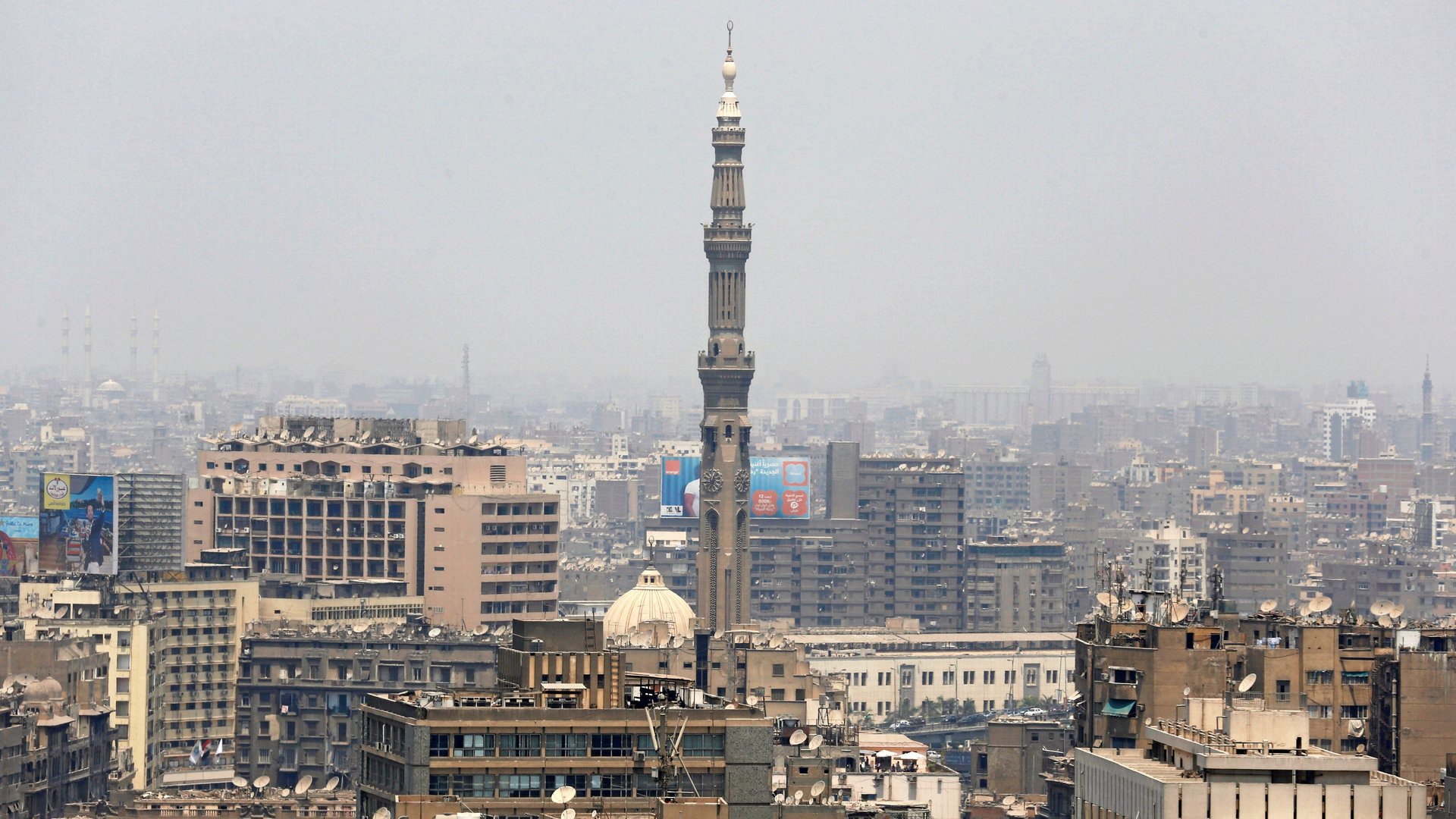African cities on the cusp of major foreign investment need to fix these problems first
Millions of people are moving into Africa’s cities every month as most of its countries blaze through some of the fastest urbanization rates the world has ever seen. Economic opportunity is at the top of the list for the reasons why.


Millions of people are moving into Africa’s cities every month as most of its countries blaze through some of the fastest urbanization rates the world has ever seen. Economic opportunity is at the top of the list for the reasons why.
Still, the population expansion has not been matched with economic growth because of a lack of physical, commercial and industrial infrastructure, poor transport networks and many additional costs for investors.
Foreign direct investment could help greatly. Africa is second in the rankings when it comes to the growth of FDI, but that’s because it’s been traditionally low in absolute terms—5% of total FDI volume globally versus 15% of the world’s population.
Cairo, Johannesburg, Tangier, Lagos and Casablanca were the top five cities for FDI between 2003 to 2016, according to the recently published State of African Cities 2018 report by UN Habitat. Viewed globally, Africa’s top five cities rank between No. 64 and No. 111 in terms of FDI inflows. Western and eastern Africa are “likely” to experience sustained investment growth led by Nigeria, Côte d’Ivoire (manufacturing) and Kenya (services). Northern Africa will see services replace manufacturing in attracting the most FDI.
The FDI rank of African cities (2003-16)
Given the resources required to finance industrial development, the authors say increased FDI isn’t optional: “FDI is vital to igniting industrialization and bolstering industrial diversification, via knowledge and technology transfers, and for stimulating productivity and export performance.”
FDI growth in African countries is expected to continue. The uncertainty: Will it be sustainable? The traditional focus on public investor interest in natural resources might come at the expense of urban-oriented sectors.
The priority should be to attract foreign investment to local manufacturing, services, hi-tech and knowledge industries, which complement and boost investments in agriculture and extractive industries like mining and oil.
Countries with large urban populations, trade openness, mobile-phone subscriptions, internet bandwidth and full electricity supply are more likely to attract the most foreign direct investment, the research shows. (It’s worth noting, given recent debates about the potential of manufacturing jobs in Africa, low wages are not a key motive for multinational firms looking abroad.)
If African cities don’t have some of the factors that make them work overall, investors are going to be reluctant to set up their factories there.